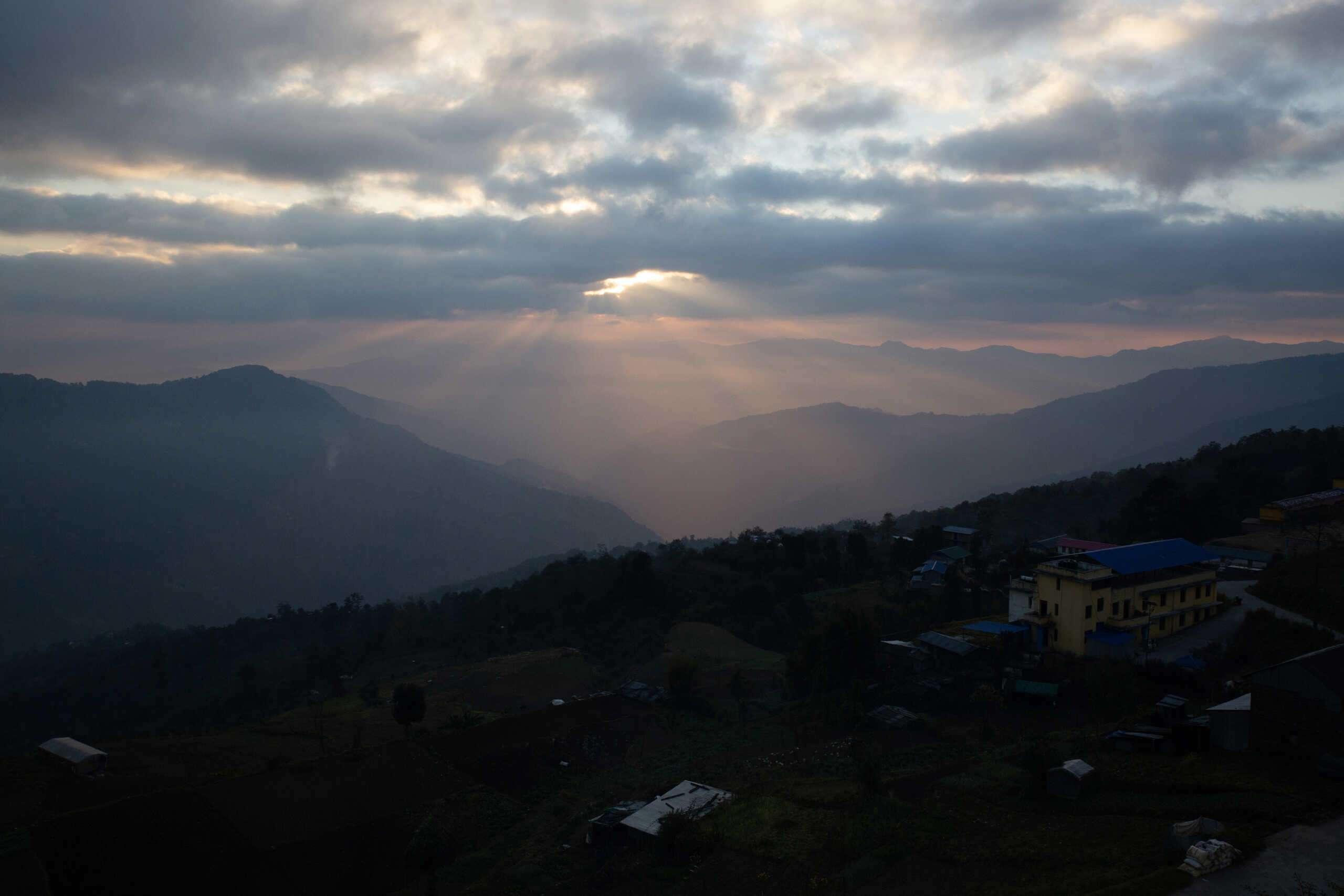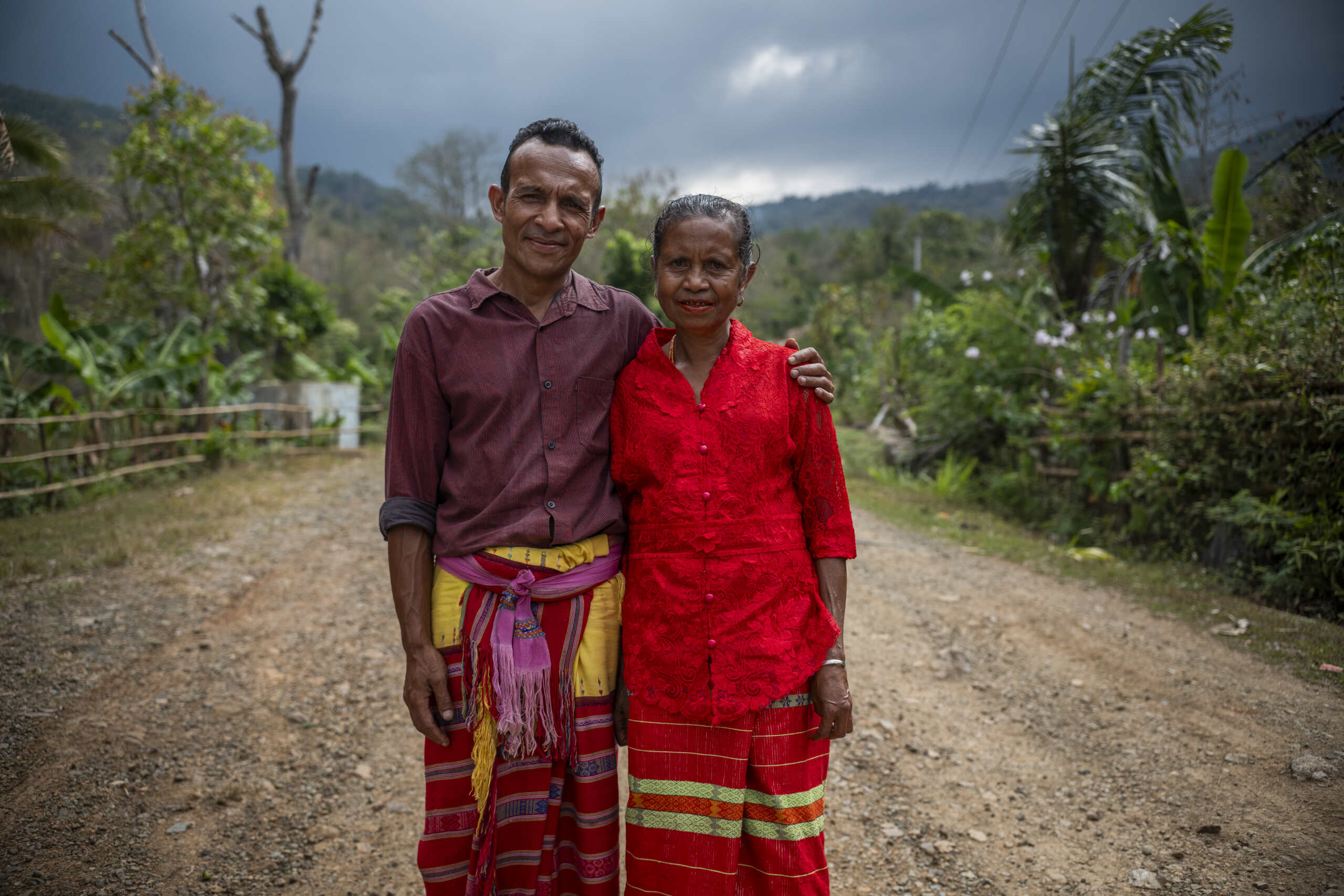Social connectedness: Disabled Peoples Organisations bring people together in the Philippines
Stories | November 13, 2019
Julie Smith, CBM Australia Senior Advisor – Program Quality, visits a local Disabled Person’s Organisation (DPO) in the Philippines.
Having a disability can be tough in a rural community, where roads are rough, transport expensive and getting access to local services can be almost impossible. Often people with disability find it hard to get out and connect with others.
Having to stay at home most of the time limits people’s opportunities, and people’s self-worth declines.
The value of local level DPOs in building people’s confidence and self-worth was demonstrated in a recent study by the Nossal Institute for Global Health at the University of Melbourne about connectedness. People with disability’s perception of social connection was measured before and after they became involved in a local DPO in India.
The changes were massive.
The value here is not only for people with disabilities, but also for carers.
Parents of children with disability often feel isolated, stressed and fearful of the future.
The Pinaskohan Integrated People’s Association in the Philippines is a shining example of how a local DPO can invigorate and connect people, giving them focus and hope.
The DPO has been set up with the support of CBM’s project partner. Once a DPO has formal registration with the government, it can then access small government grants. It has a seat at the table when local government make decisions that affect people’s lives.
The DPO was keen to do something that would benefit all members, both socially and financially by earning an income. A local landholder has let DPO members use a hectare of village farmland, and with CBM’s partner’s help, they have approached the local Agriculture Department for donations of seeds, tools and fencing.

Julie says, “It was June when I visited, the group is expecting the first round of harvesting soon. There is tomatoes, okra, beans and bok choy growing. It looks amazing”.
“Everyone in the DPO has a role. Some of us do weeding, others do the watering. I’m in charge of getting linkages with markets in the coastal town”, explains one of the members.
“Not everyone can get down the steep and muddy path to the gardens. We’re applying for more funds to make a pathway from bamboo slats – then my son can get down here too,” explains Anselma, who is the mother of Kyle, aged 10, who has cerebral palsy.
Julie also met Juliet, who is in her 40s and has a psychiatric disability. Over the years, Juliet has faced a lot of discrimination, and has been quite ostracised in the community. Rafael, from the project team explains, “The DPO, and particularly this garden have been great for Juliet. She is always down here working, it has given her a focus and a purpose”.
Local DPOs are pivotal in getting people with disability organised and active. Right across CBM’s work, we support people with disability to get together, take action, and change the situation for people with disability – locally, regionally and nationally.
CBM supports DPOs at local and national level, and we also are a key ally to international disability organisations.
This project is supported by the Australian Government through the Australian NGO Cooperation Program (ANCP) and loyal CBM Australia supporters.
https://www.cbm.org.au/stories/social-connectedness-disabled-peoples-organisations-bring-people-together-in-the-philippines
Related Stories

Building inclusive, climate resilient communities in Bangladesh
Highlights from DFAT Post’s visit In January 2026, representatives from the Australian High Commission in...

Week 1 – Lent series 2026
As we enter the season of Lent, we’re taking time as a community to pause, reflect, and draw closer to the heart of God. Lent invites...

How CBM is making a difference in Indonesia
For more than 45 years, CBM Global has been working alongside communities in Indonesia to ensure people with disabilities...
